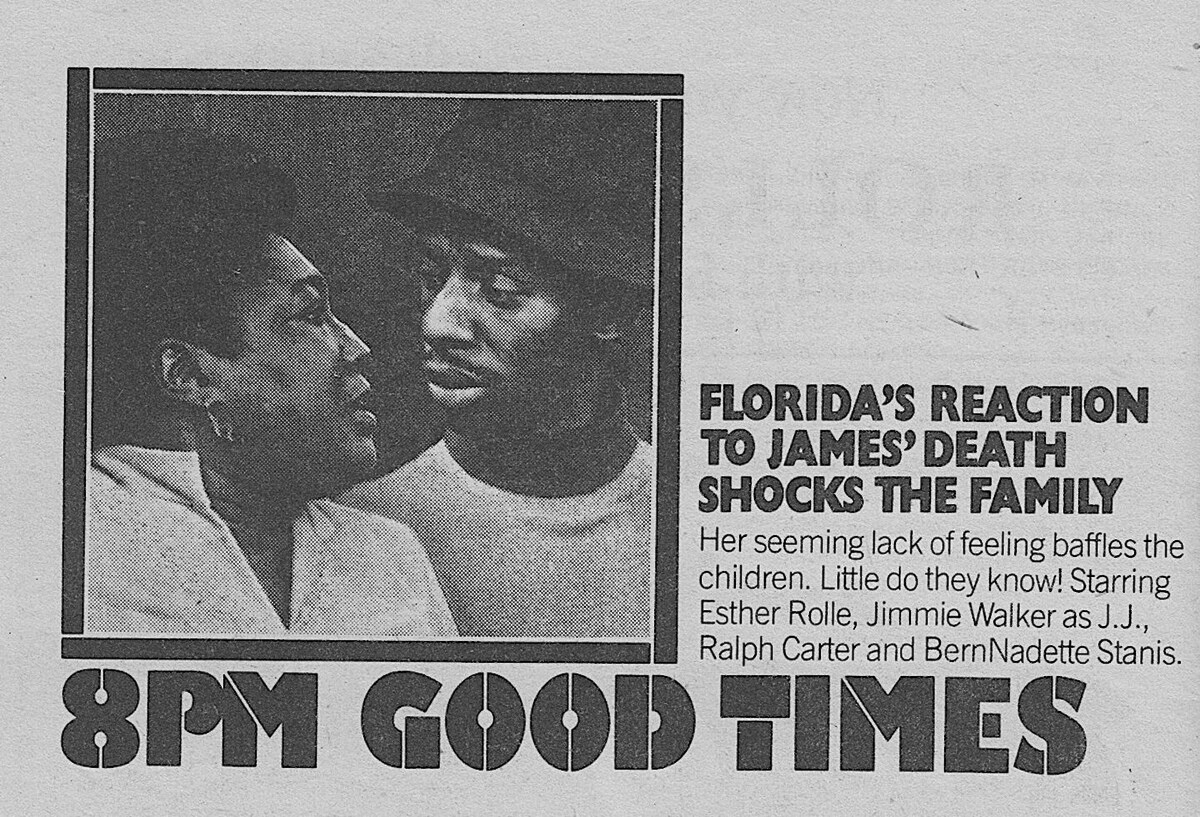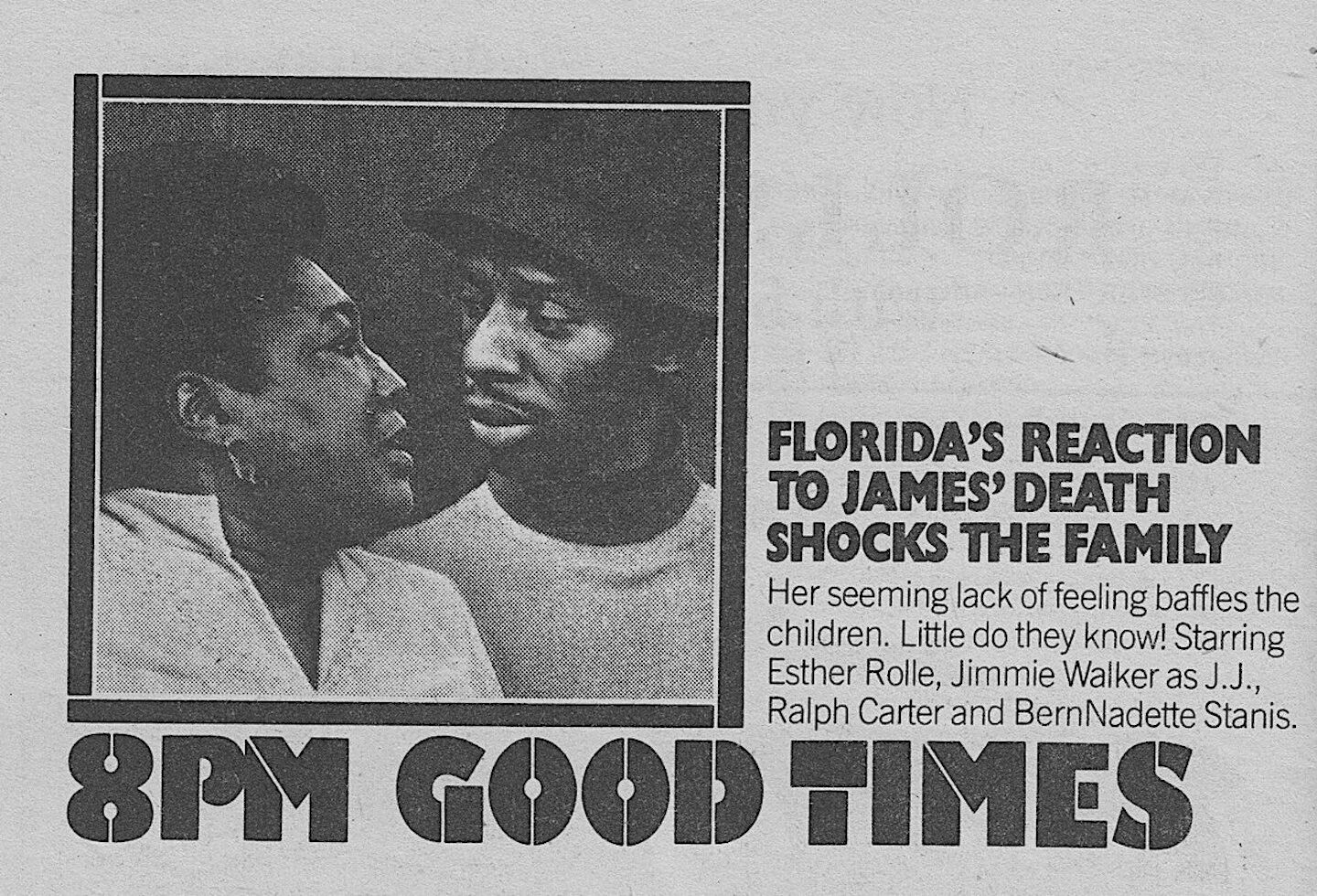Artist Cinemas presents
Twilight of the Goodtimes
Charles Tonderai Mudede, Roxanne Emadi
2010
11 Minutes
Artist Cinemas
Week #4
Date
June 28–July 4, 2021
Join us on e-flux Video & Film for an online screening of Charles Mudede and Roxanne Emadi’s Twilight of the Goodtimes (2010), streaming from Monday, June 28 through Sunday, July 4, 2021.
Twilight of the Goodtimes is a documentary that approaches (or remixes) the sad and long history of public housing in the United States like a DJ on two turntables and a microphone handed to Hegel.
It is presented alongside an essay by the film’s director Charles Mudede.
Twilight of the Goodtimes is the fourth installment of Planet C, a program of films and essays convened by Charles Mudede, and comprising the seventh cycle of Artist Cinemas, a long-term, online series of film programs curated by artists for e-flux Video & Film.
Planet C will run from June 14 through July 26, 2021, with a new film and essay released each week.
The Spirit of the Good Times
Charles Mudede
As the Subject, capital is a remarkable “subject.” Whereas Hegel’s Subject is transhistorical and knowing, in Marx’s analysis it is historically determinate and blind. Capital, as a structure constituted by determinate forms of practice, may in turn be constitutive of forms of social practice and subjectivity; yet, as the Subject, it has no ego. It is self-reflexive and, as a social form, may induce self-consciousness, but unlike Hegel’s Geist it does not possess self-consciousness.
—Moshie Postone
Let’s think about Hegel for a moment. One of his many strange (and now seemingly outdated) ideas made reason (or the Absolute) the motor of history—reason is in the real, and so the meaning of its development through time (history) is to reach a point at which it and matter (the real) are one and the same thing. In this way, Hegel fused the god of Timaeuswith the god of Christianity—the god who deals with matter, who shapes it, with the god who has a destiny, a purpose, a goal, the final countdown. As fantastic as all of this sounds, Hegel, following the Enlightenment-era Italian historian-philosopher Giambattista Vico, was not entirely wrong in seeing the history of human kind as being shaped and propelled by an internal will, a conatus, a singular passion, a logic, a self-realizing subject. Hegel was almost right to identify this subject as a spirit.
For Hegel, a spirit could only be supernatural (or a Subject); but in the twenty-first century, we are more and more seeing spirit as something entirely worldly. It does not need anything from the other side; this side of stuff (or stoff—electrons, protons, fields, bosons, fermions, gravitational waves, and so on) is more than enough to do the trick. And spirit is not only confined to the material world but is very open to, and most often experienced in, the cultural one. With the former, it is described, rather lamely, as an emergence; with the latter, it can direct a whole way of economic life. My point: What Hegel saw as the Subject was, it turns out, the abstraction of concentrated cultural practices historically specific to and materialized as capitalism.
As a star is formed from gravitational forces and pressures acting on captured dust and gas particles, the spirit of capitalism is formed from the captured and naturally developed elements of human biology and sociality (desire, dreams, morality, appetite, conatus). The separation of these natural elements from capitalism is not easy at all when its processes have reached a stage of maturity that’s described by a number of Marxists as “socially-developed capital.” In the West, this transition (from liberal to social) began at the end of the nineteenth century and was completed in the middle of the twentieth. At the end of this particular development, the spirit became less invisible and mysterious than it was in Hegel’s (and even Vico’s) times. In our post-Nixon Shock era of socialized financial markets (as well as industrial production), a much larger amount of ignorance and prejudice is needed to confuse the spirit of capitalism with a transhistorical World Spirit.
As the footsteps of the Invisible Man can be observed as he walks on a beach, the temporal movement of the capitalist Absolute can be seen on film. The visibility of this form of historical passing is the subject of the short film Twilight of the Goodtimes.[1]
The capitalist spirit not only moves in time but can also speak to us when in a table-spinning spell. It says who is hungry and who is not. Whose income is drawn from a low wage, and whose income is drawn from a portfolio. The distress of a person with too many debts is heard in the glowing orb of this spirit. We can also hear those who live and die in a ghetto and those who now live and prosper in elongated towers. We can hear voices from the projects.
We cannot not periodize…
—Fredric Jameson
The esprit of capitalism, which the Dutch initiated with innovations in fish processing and banking, is composed of periods, large and small. The large periods are, of course, the Dutch period, the British period, the US period, and the current Chinese period. Each period compacts smaller periods which also compact their own periods. The one that concerns the subject of Twilight of the Goodtimes is between 1979 to 2008, the final years of the American dominance of capitalism. What begins in 1979 is the end of the Good Times, a sitcom about a black American family living in the twilight of the goodtimes.[2]
What were the goodtimes? The civil rights moment, the moment of the Great Society, the moment just before the dreams of The Mont Pelerin Society demolished with controlled explosives what Chicago School sociologists of the ‘40s called “the black metropolis.”
The Good Times ends in 1979, the year that launches Reagan and Thatcher into power. The year of the Iranian Revolution, and the year the Soviets enter Afghanistan and the seeds of 9/11 are planted there by the CIA (this, indeed, is the subject of Rambo III). The end of the Good Times begins the crack epidemic that destroys every black metropolis in America—Seattle’s, Portland’s, Los Angeles’, New York’s.
In 1989, there’s a big shift in capitalist history. Its spirit, shifted by developments in the 1970s (the Nixon Shock, the collapse of the Philips curve, the Volcker Shock), fully embarks on a new direction. As actually existing socialism comes to an end, and with it the end of history as conceived by the American Hegelian Francis Fukuyama, the inner city enters the decade that will transform it. This is the moment of regeneration/gentrification and the relocation of the urban poor to the suburbs, to precarious homeownership, to the periphery of the urban core. This relocation (or teaser-rate Ownership Society), which is accelerated after 9/11, begins to collapse in 2007. One of the epicenters of this collapse, which triggered a global crash at the end of 2008, is Cleveland. Here, in 2009, a black serial killer comes alive and brings to an end the lives of two-dozen black women. The victims are buried in his yard, which is surrounded by empty houses that have been foreclosed.[3] The spirit of capitalism is also a horror movie.
We cannot separate the sub-prime crisis from the murders. Nor can we separate the sub-prime crisis from the gentrification of the hood. Nor can we separate the hood from the destruction (deindustrialization) of the black metropolis by the forces of market urbanism, which, as the Marxist geographer David Harvey has shown, begins in the late ‘70s with an attack on New York City’s public sector.
“History, this best of all Marxists…”
—Rudolf Hilferding
In this movement we see Hegel’s Geist—the spirit coursing through its self-made time. That spirit, however, has nothing to do with the Absolute (though it does occur in absolute/Newtonian time), nor does it have an end in mind. It’s instead the phantomic flow of underwordly energy generated and motivated by actual social pressures, by inner city pressures, by hunger, by desire, by the struggle to be recognized as a human. “Damn, damn, damn.”
[1] This short documentary, Twilight of the Goodtimes, was commissioned by the Egyptian curator Bassam El Baroni for Manifesta 8, the 2010 European Biennial of Contemporary Art that occurred in Spain.
[2] “Between 1959 and 1963, Chicago Housing Authority builds 28 high rises that contain 4,321 public housing units and names the project after the first accredited African-American architect, Robert R. Taylor (1868-1942). By 1974, however, the modernist utopia becomes a postmodern dystopia (a deadly concentration of poverty, unemployment, and gang violence) in both reality and TV land, where unit 4,322 is a set for the popular program Good Times.” Charles Mudede, Manifesta 8, 2010. http://arpa.carm.es/manifesta/manifesta8.artist?nombre=&codigo=5
[3] For more on Anthony Sowell, read Wikipedia. https://en.wikipedia.org/wiki/Anthony_Sowell
For more information, contact program [at] e-flux.com.


